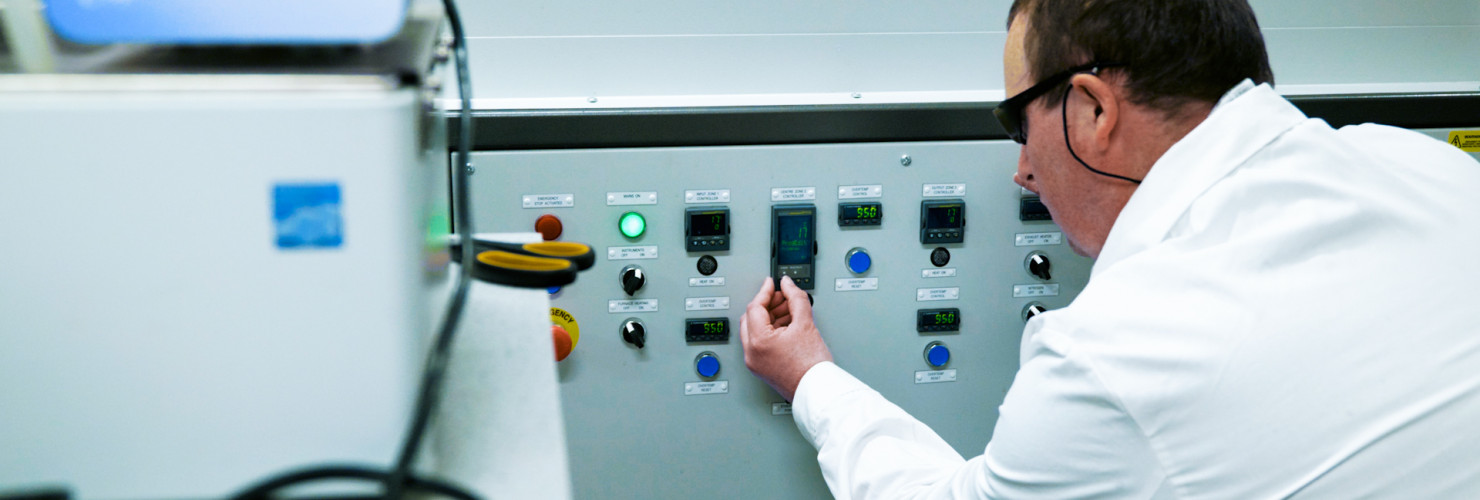Next steps
Following on from these results the project partners applied the knowledge developed to other polysaccharides and assessed their suitability in pilot scale manufacture. This has provided a broader portfolio of materials and methods to further commercialise for the food sector as well as to explore new applications for pharmaceuticals and medical devices. Going forward the consortium partners are looking at future funding opportunities. The Biorenewables Development Centre are also supporting Starbons with their production of supplying materials to new customers.
A short video of the project can be watched here.

